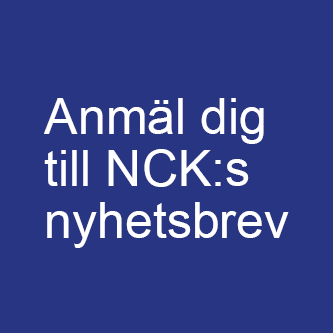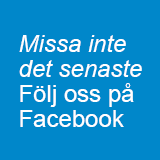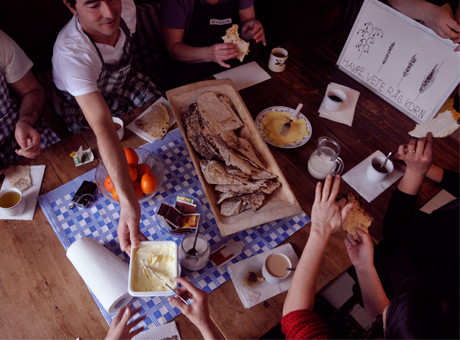. . . . . . . . . . . . . . . . . . . . . . . . . . . . . . . . . . . . . . . . . . . . . . . . . . . . . . . . . . . . . . . . . . . . . . .
Kurs
I november 2020 hölls en kurs för att sprida kunskap från det nordiska-baltiska projektet Heritage, Identity and Social Cohesion.
Håll ögonen öppna för nästa tillfälle som denna kurs erbjuds, vilket ännu inte är bestämt.
Flyer in english
Flyer på svenska
. . . . . . . . . . . . . . . . . . . . . . . . . . . . . . . . . . . . . . . . . . . . . . . . . . . . . . . . . . . . . . . . . . . . . . .
Artikel publicerad
Heritage as a process of connecting – Pluralism and diversity in Nordic and Baltic museums, av NCK:s Gustav Wollentz & Helena Kuhlefelt, publicerad i International Journal of Heritage Studies. Kontakta Gustav Wollentz om du vill läsa artikeln.
. . . . . . . . . . . . . . . . . . . . . . . . . . . . . . . . . . . . . . . . . . . . . . . . . . . . . . . . . . . . . . . . . . . . . . .
Information about the project:
NCK is participating in the project Heritage, Identity and Social Cohesion led by Kalmar County Museum and supported by Nordplus Adult. Other participants in the Nordic-Baltic project are Jamtli Museum in Sweden, the Anno Museum in Norway, the Estonian National Museum in Estonia and the Ostrobothnian Children’s Culture Network in Finland.
The Nordic and Baltic societies are extensively influenced and characterized by migration, globalization and internet-based communication. There are many positive outcomes of this development, but also some less positive. For example, there is a growing awareness that increasing differences in economic and social status are connected to lack of essential cultural knowledge and language skills needed to take part in the majority society. Moreover, there are growing difficulties in communication between different social, ethnical, religious and/or political groups, which lead to polarization and in some cases even to extremism. As a result there is a need for methods to strengthen social cohesion and integration.
Through heritage people can develop greater understanding of the prerequisites of being human, increase their empathy and their source-criticism abilities. These are all qualities needed to promote social cohesion. Through this project we will map, develop and spread pedagogical methods that strengthen social cohesion and integration.
NCK is in charge of a survey among museums and local heritage community centers in the participating countries which will map to what extent, and how, they are working with integration and social cohesion activities. The result will, along with case studies from the project partners, form the curriculum for a course on how to use cultural heritage in integration and social cohesion activities. The course will be offered to museum staff and others working with heritage-based integration and social cohesion.
For more information, contact Gustav Wollentz.



